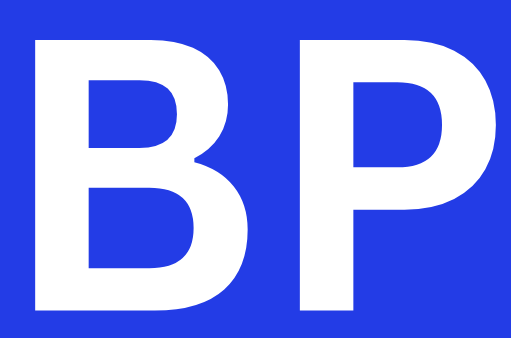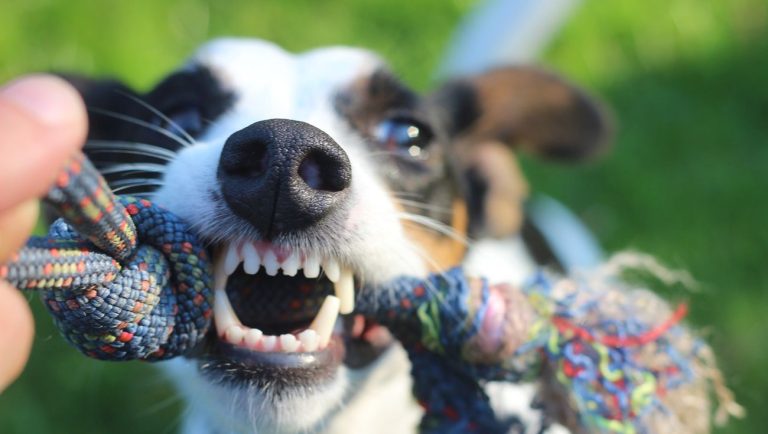for Owners
Canine dental health is paramount, mirroring its importance in humans. Healthy teeth are crucial for proper food breakdown, nutrient absorption, and overall canine well-being. Neglecting oral hygiene can lead to serious health complications, emphasizing the need for proactive dental care. This guide offers a comprehensive approach to maintaining your dog’s pearly whites.
Home-Based Canine Oral Hygiene: Practical Steps
Maintaining your dog’s oral health at home is achievable with consistent effort and the right approach. Several strategies can significantly reduce the risk of dental problems.
1. Diligent Brushing: The Cornerstone of Canine Dental Care
Regular brushing is widely considered the most effective method for preventing canine dental disease. However, proper technique and the right tools are essential. Using a dog-specific toothpaste is crucial; never use human toothpaste, as its ingredients can be harmful to dogs.
Important Note: Human toothpaste contains xylitol, a sweetener toxic to dogs. Always opt for pet-specific toothpaste formulated for canine consumption.
2. Supplementary Chew Toys: An Added Layer of Protection
Providing your dog with durable, chew-resistant toys offers a supplemental cleaning method. These toys help remove plaque and tartar buildup, offering a less invasive alternative to daily brushing. Choose toys made from safe, non-toxic materials. Avoid plush toys, which can easily shred and present a choking hazard.
Choosing the Right Toys: Look for toys specifically designed for dental cleaning, often made of rubber or nylon. Check for durability and ensure they are appropriately sized for your dog to prevent accidental choking or ingestion of small parts.
3. Addressing Brushing Resistance: When Professional Help is Needed
If your dog vehemently resists brushing, despite your best efforts, and exhibits signs like tartar buildup or bleeding gums, professional veterinary intervention is necessary. A veterinarian can perform a thorough cleaning under anesthesia, addressing existing problems and preventing further complications. This is a preventative measure that should not be delayed.
Proactive Canine Dental Disease Prevention: A Multi-pronged Approach
Preventing dental disease requires a holistic approach, integrating veterinary check-ups, professional cleaning, and a balanced diet.
1. Regular Veterinary Check-ups: Early Detection and Prevention
Schedule regular veterinary check-ups for your dog. During these visits, your vet can assess your dog’s oral health, identify early signs of dental disease, and recommend appropriate preventative measures. They will often use a special dye to highlight plaque buildup, allowing for early detection and intervention.
2. Professional Cleaning and Polishing: Removing Stubborn Plaque and Tartar
Professional dental cleaning is frequently recommended to remove stubborn plaque and tartar buildup. This procedure, often performed under anesthesia, involves thorough cleaning and polishing of the teeth, significantly improving oral health. Post-cleaning, maintaining good home care practices is vital for long-term benefits.
3. Nutritional Considerations: The Role of Diet in Canine Dental Health
A balanced diet plays a crucial role in maintaining your dog’s overall health, including oral hygiene. A diet rich in essential nutrients, including calcium and phosphorus, can help support healthy tooth development and prevent dental problems. Consult your veterinarian for recommendations on the best diet for your dog’s breed, age, and overall health. Some commercially available dog foods are formulated to support dental health.
Conclusion: A Lifetime Commitment to Canine Oral Health
Maintaining your dog’s dental health is an ongoing commitment, demanding consistent effort and vigilance. By incorporating these strategies—regular brushing, supplemental chew toys, veterinary checkups, professional cleanings, and a balanced diet—you significantly reduce the risk of dental diseases, ensuring your canine companion enjoys a long, healthy, and happy life. Remember, early detection and preventative measures are key to minimizing potential complications. Investing time and effort in your dog’s oral health is an investment in their overall well-being.

